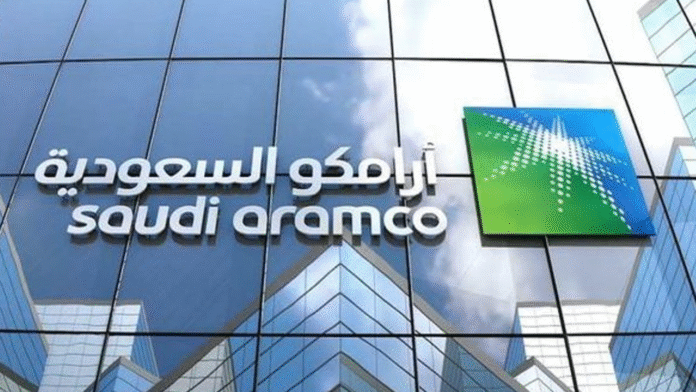Nigeria and Saudi Arabia’s state oil giant Aramco are struggling to reach an agreement on a record $5 billion oil-backed loan after a recent decline in crude prices sparked concerns among banks expected to finance the deal, four sources familiar with the matter told Reuters.
The proposed facility would be Nigeria’s largest oil-backed loan to date and Saudi Arabia’s first major financial involvement in the West African nation. However, falling oil prices could force a reduction in the loan’s size, the sources said.
A deal born at Saudi-African summit
The loan was first proposed in November 2023 when Nigerian President Bola Tinubu met with Saudi Crown Prince Mohammed bin Salman at the Saudi-African Summit in Riyadh, two sources said. Since then, negotiations have progressed slowly, with details of the talks emerging only now.
The sluggish pace reflects broader economic pressures, particularly the recent drop in oil prices, driven largely by OPEC+’s shift in strategy to regain market share rather than restrict supply.
Brent crude has fallen nearly 20 per cent since January, from over $82 per barrel to around $65, raising concerns about Nigeria’s ability to meet repayment terms.
Nigeria’s borrowing needs, production challenges
Last month, Tinubu sought parliamentary approval for $21.5 billion in foreign borrowing to support Nigeria’s budget, with the $5 billion Aramco-backed loan expected to form part of that package.
However, banks involved in the discussions, including Gulf lenders and at least one African financial institution, have grown wary due to uncertainties over Nigeria’s oil supply commitments.
“It’s hard to find anyone to underwrite it,” one source said, citing concerns over cargo availability.
Nigeria has a long history of securing oil-backed loans, which it uses to bolster foreign reserves, fund budgets, or revamp state-owned refineries. At $5 billion, the Aramco deal would require at least 100,000 barrels per day (bpd) in crude shipments as collateral, sources said.
But this would nearly double the roughly $7 billion in oil-backed loans Nigeria has taken in the past five years. Already, the Nigerian National Petroleum Company (NNPC) is using at least 300,000 bpd to service existing oil-backed debt, though one facility is expected to be repaid this month.
The oil price squeeze
Lower crude prices complicate Nigeria’s repayment capacity. Since oil volumes for existing loans are fixed, a price decline extends repayment periods. Additionally, NNPC must allocate more crude to joint-venture partners including Shell, Oando, and Seplat to cover operational costs, leaving fewer barrels available for new financing.
“You have to either find more oil or find a way to renegotiate those deals,” another source said.
Nigerian trading firm Oando is expected to manage the physical offtake of cargoes tied to the Aramco loan, sources said, though the company declined to comment.
Nigeria’s oil woes
Nigeria, Africa’s largest oil exporter, budgeted for $75 per barrel and 2 million bpd in production this year.
However, output in April was just under 1.5 million bpd, according to OPEC’s May market report. Years of underinvestment, pipeline vandalism, and crude theft have hampered production growth.
In response, Tinubu recently signed an executive order aimed at cutting production costs, which could free up more revenue per barrel. NNPC is also working to boost output, but progress has been slow.
Saudi Aramco’s strategic move
For Saudi Aramco, the loan represents a strategic expansion into Nigeria’s energy sector. If finalised, it would mark the kingdom’s largest financial engagement with Nigeria, potentially paving the way for deeper energy partnerships.
BusinessDay



